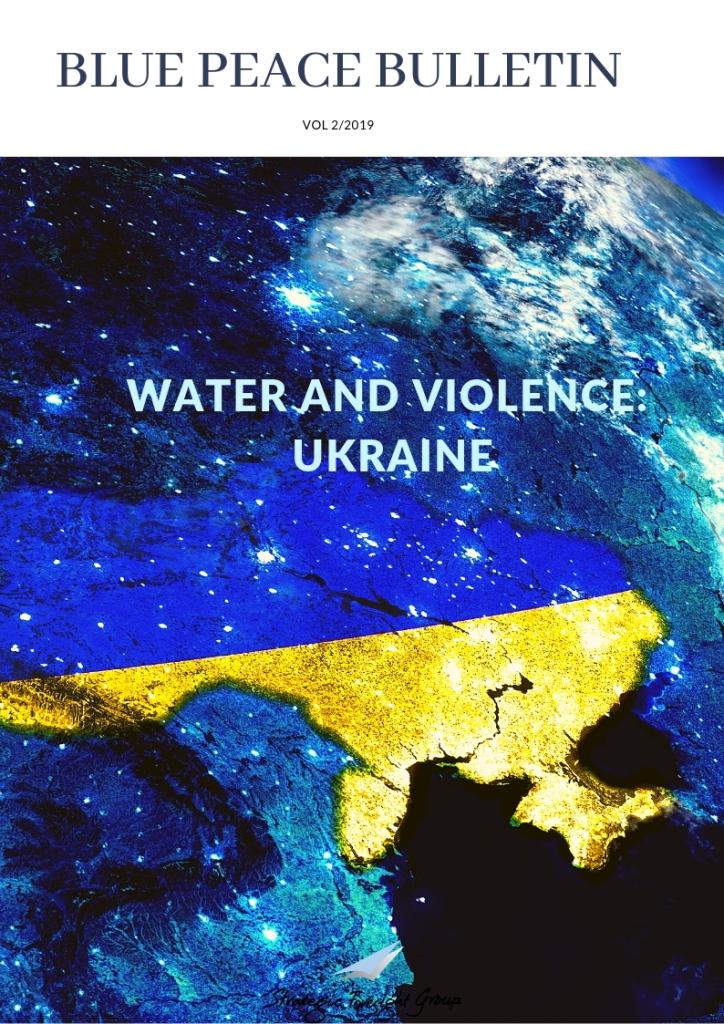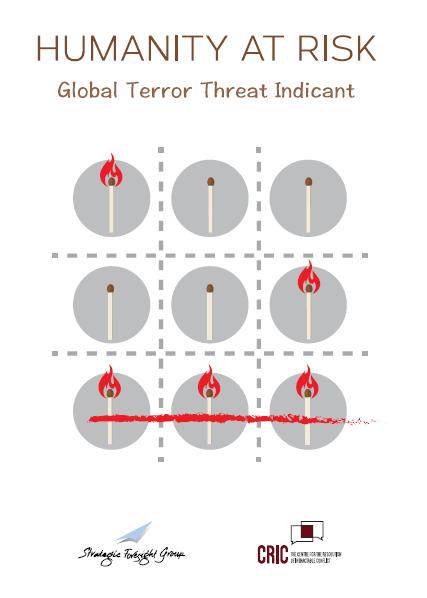The Fear of Peace
 |
January 13, 2014
By Sundeep Waslekar
|
This year marks the centenary of the First World War. The assassination of Archduke Franz Ferdinand in July 1914, which ignited the war, has not taught us any lessons. The moderates continue to be eliminated, either physically or politically, making our world an increasingly dangerous place. Sundeep Waslekar wonders why.
----------------------------------------------------------------------------------------
If anyone had said in January 1914 that there would soon be a World War killing 10 million people, injuring 20 million others, leading to another war and resulting in a total death toll of 50 million, such a person would have been considered a lunatic. The Balkans were involved in a conflict but not of the proportion that could drive an entire continent into a war. The Netherlands had established a Peace Palace. There were economic, scientific and cultural exchanges between Britain, France and Germany and also between the United States and Europe. The world economy was much more open than it is now in 2014. There were no stringent Visa rules. The countries on both sides of the Atlantic were experiencing economic boom.
Archduke Franz Ferdinand of Austria was sympathetic to Serbian aspirations. He wanted to grant autonomy to Bosnia and treat the Bosnians in a humanitarian way. He should have been the darling of the Serbs. He might have gradually found ways to meet many of the expectation of Serbia from the Austro-Hungarian Empire. But he was killed by a Serb nationalist sparking off the war.
This was not an isolated incident. Since the assassination of the Archduke, there have been many instances of the extremists eliminating the moderates, politically or physically, rather than the extremists opposing them.
Soon after India gained independence, Mahatma Gandhi, a man of peace and moderation, was killed. In the United States, Martin Luther King, Jr., who dreamt of equality between races, and not of revenge by blacks against the whites, was assassinated. In the Rwanda massacres, Hutu extremists first killed Hutu moderates before they unleashed terror on the Tutsis. Soon after signing the Oslo Accords, Israeli Prime Minister, Yitzak Rabin was murdered just when he had initiated the process to secure the people of Israel from violent attacks. In December 2013, my good friend Mohammed Chatah, a voice of moderation in Lebanon, was killed by a remote controlled bomb.
About ten years ago, Sri Lanka faced elections on the backdrop of a peace process mediated by Norwegian envoy, Erik Solheim. If Ranil Wikemasinghe, a moderate leader, had won the elections, with support of the Tamil vote, he would have offered autonomy to the Tamils. Prabhakaran, the leader of the Tamil Tigers, could have become the Chief Minister. But Prabhakaran terrorised the Tamil population into boycotting the polls. This ended the political career of Ranil Wickremasinghe. Mahindra Rajakapase, who was elected as Sri Lanka�€™s President, used brute force to kill Prabhakaran and all his comrades, destroying the Tamil Elam movement. Just as the Serbian nationalists had invited the ruin of Serbia by killing Franz Ferdinand, Prabhakaran finished the Tamil Elam movement in Sri Lanka by politically eliminating Ranil Wickremasinghe. Similarly, the Hezbollah�€™s assassination of Mohammad Chatah pushed Saudi Arabia to give $3 billion of military aid to the Lebanese army to attack Hezbollah.
It appears illogical that extremists should purge the moderates who can mediate between rivals and bring about peace and reconciliation. Or are the extremists fearful of peace? How can we explain such an irrational approach? Or is there a method in their madness?
Lord Alderdice, British politician and the first Speaker of the Northern Ireland Assembly, argues that it is important to study the psychological dimensions of the irrational behaviour of the extremists. What might appear irrational to us might have its own logic in the minds of the extremists. Clearly the study of psychoanalysis of extremism has a long way to go.
It appears that the extremists dream of absolute power. The Serbian nationalists were worried that humane treatment of minorities in the Austro-Hungarian Empire, along with autonomy might stifle the desire for complete separation of Bosnia Herzegovina from the Empire. The Hindu assassin of Mahatma Gandhi was worried that a peaceful relationship between Hindus and Muslims might dampen enthusiasm for a Hindu nation state. Rabin�€™s killers did not want people to rescind the idea of an absolute Zionist state without any concessions of land or rights to the Palestinians. Prabhakaran wanted a totalitarian Tamil state under his control. It is easy to detect a similar streak in the psychology of the Hutus in Rwanda, the Naxalites in India, Al Qaeda units in several countries in West Asia and North Africa, and many others. Extremism is, thus, not only opposed to peace and reconciliation, but it is also inimical to the ideas of democratic spirit and political competition.
When two extremist forces clash, they want to destroy the competing force completely and have full control. Alternatively they are prepared for their own annihilation. In such a war, moderates on either side are considered inconvenient.
If we pause for a moment to reflect on the folly of 1914, we must ask ourselves how we can weaken competitive extremism and strengthen moderates around the world. There are no easy answers to this question, but this should not deter us from seeking them. Over the last few centuries, human society has done away with slavery, apartheid, gender inequality, and colonialism among other social ills. If we can succeed in discovering ways to strengthen the moderates and enervate the extremists, we will mitigate the prospects of a great war in this century.
Related Publications
Related latest News
Related Conferences Reports
-

P5 Experts Roundtable on Nuclear Risk Reduction
Download:Geneva Roundtable Report
-

Roundtable on Global Security and Catastrophic Risks
Download:Report on RT revise





